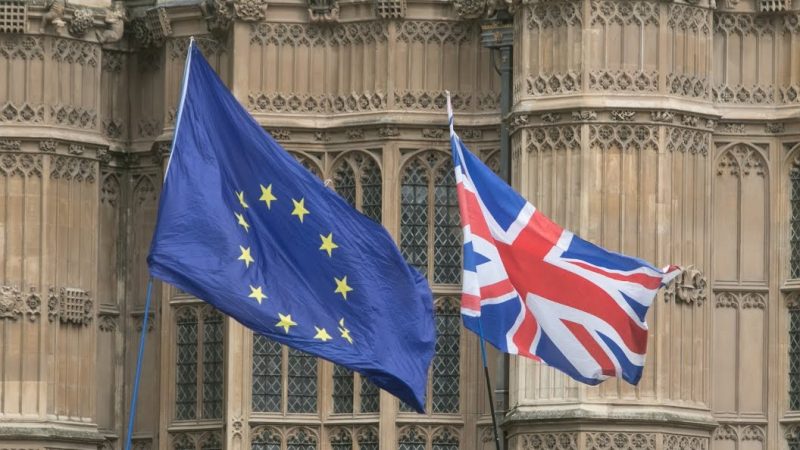Government’s pint of wine Brexit ‘freedom’ widely ridiculed
“Fear not, the government’s much vaunted Brexit freedoms mean we can now buy wine in pint bottles.”

https://leftfootforward.org/2023/12/governments-pint-of-wine-brexit-freedom-widely-ridiculed/
A new ‘Brexit freedom’ has been heralded by the government today as it announced the introduction of pints of wine on Britain’s supermarket shelves.
It has left many bemused, and despairing, at the so called ‘new freedom’ the country has gained from leaving the European Union, with widespread ridicule online.
In the new year, still and sparkling wine can be sold in 568ml pint sizes, with the minister for Enterprise, Makers and Small Business, Kevin Hollinrake, praising the “innovation, freedom and choice” consumers and producers will supposedly gain as a result of the scheme.
Apparently, our exit from the EU was “all about moments just like this” Hollinrake argued, “where we can seize new opportunities and provide a real boost to our great British wineries and further growing the economy”.
The government has claimed introducing the new bottle size could boost the economy, arguing 900 vineyards are set to benefit along with the UK’s wine sector.
However, many people are asking how the new 568ml size bottles are much different from the 500ml ones that are already available at supermarkets, along with 200ml sizes also currently on offer.
…
[dizzy: Since 568ml is the decimal equivalent of an imperial pint, I’m not sure that it is a pint ;]
https://leftfootforward.org/2023/12/governments-pint-of-wine-brexit-freedom-widely-ridiculed/
- Jeremy Hunt ridiculed over claim ‘Brexit will not make us poorer’
- Scraping the barrel: Confusion over what the ‘Brexit Pubs Guarantee’ has to do with Brexit
- Jacob Rees-Mogg mocked after comments resurface promising ‘savings on cheese and fish fingers’ as food prices soar
- Nigel Farage admits ‘Brexit has failed’
